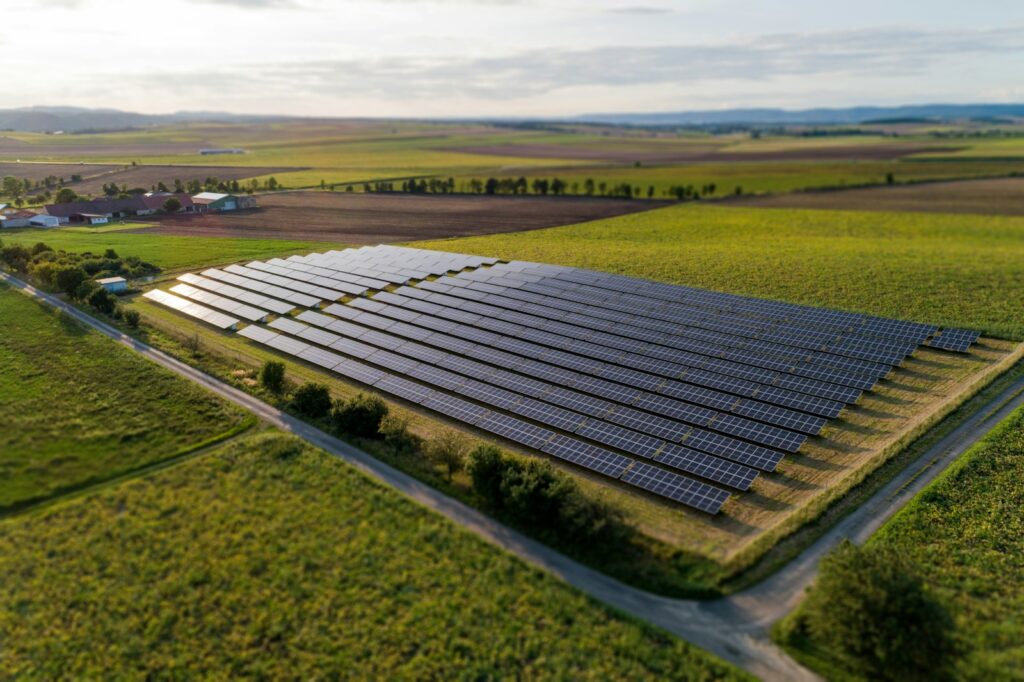Academics from the University of Cambridge believe that virtually all countries – whether rich or poor, hot or cold – will suffer economically by 2100 if the current ‘business as usual’ approach to climate change continues.
The research published today (August 19) by the National Bureau of Economic Research suggests that on average – richer, colder countries would lose as much income to climate change as poorer, hotter nations, with 7% of global GDP disappearing by 2100 including over 10% of incomes in both Canada and the United States.
For the study, researchers used data from 174 countries dating back to 1960, and estimated the link between above-the-norm temperatures and income levels.
They then modelled the income effects under a continuation of ‘business-as-usual’ emissions as well as a scenario in which the world ‘gets its act together’ and holds to the Paris Agreement.
Researchers acknowledge that economies will adapt to changing climates, but argue that their modelling work shows adaptation alone will not be enough.
Under a ‘business as usual’ emissions scenario, average global temperatures are projected to rise over four degrees Celsius by the end of the century. This would cause the United States to lose 10.5% of its GDP by 2100.
They estimate Japan, India and New Zealand would also lose 10% of their income, Russia would lose 9% of its GDP, with the UK down by 4%.
Canada, which some claim will benefit economically from temperature increase, would lose over 13% of its income by 2100.
However, if the US and Canada keep within Paris Agreement limits then losses would be reduced to just under 2% of GDP.
Dr Kamiar Mohaddes, a co-author of the study from Cambridge’s Faculty of Economics said: ‘Without mitigation and adaptation policies, many countries are likely to experience sustained temperature increases relative to historical norms and suffer major income losses as a result.
‘This holds for both rich and poor countries as well as hot and cold regions.
‘The UK recently had its hottest day on record. Train tracks buckled, roads melted, and thousands were stranded because it was out of the norm. Such events take an economic toll, and will only become more frequent and severe without policies to address the threats of climate change.’
Photo Credit – Pixabay
















